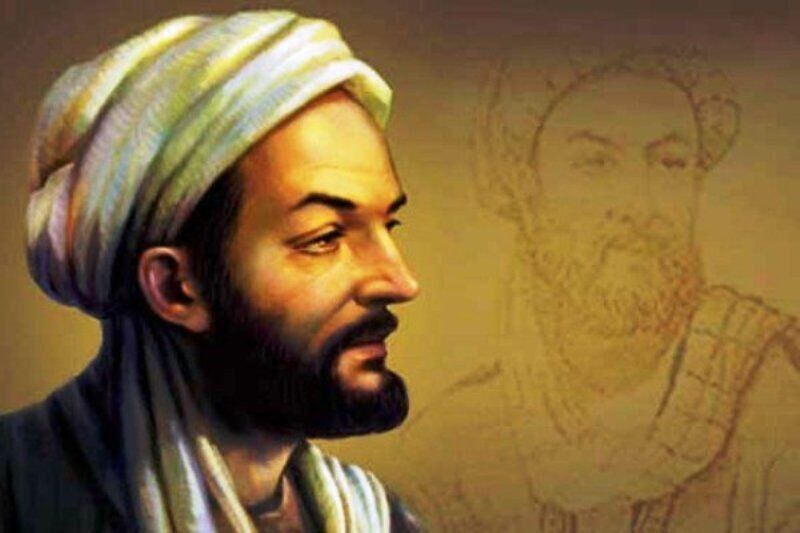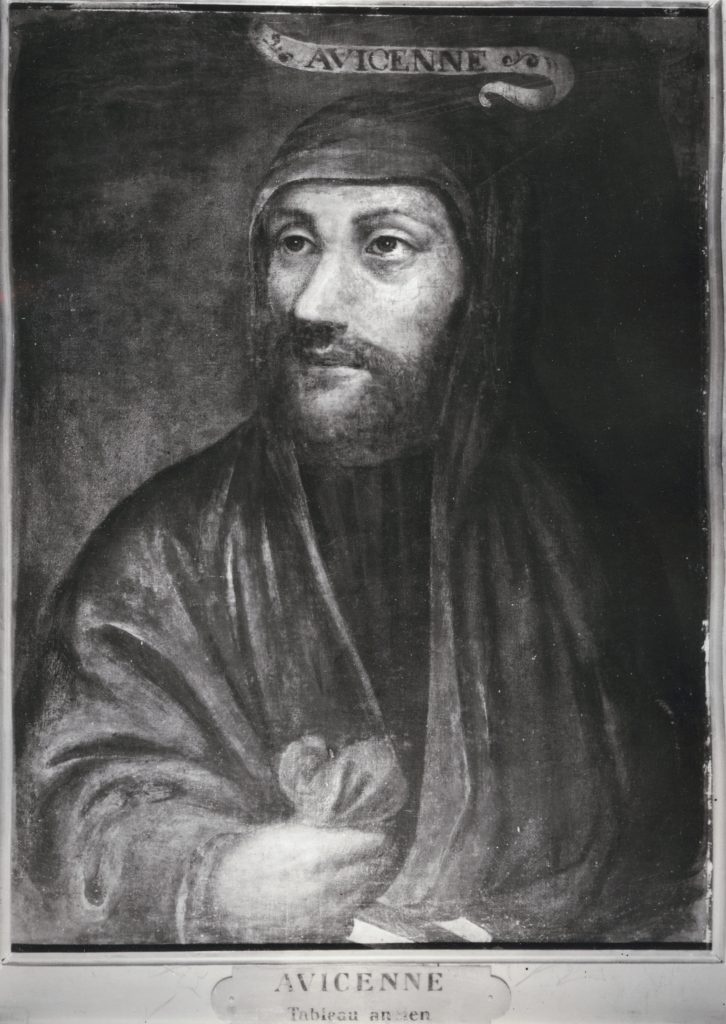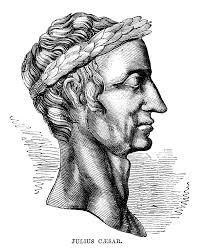
Final Years and Legacy
Last Years in Hamadan
In his later years, Avicenna settled in Hamadan, where he continued to write and teach. His health deteriorated, and he spent his final days battling illness, though he continued working on his scientific and philosophical writings until his death.
Death
Avicenna passed away in 1037 CE at the age of 57. His death marked the end of an era of scientific and philosophical innovation in the Islamic world, though his legacy continued to influence scholars for generations.
Avicenna at a Glance
Name: Avicenna (Ibn Sina)
Born: 980 CE, Afshana, near Bukhara (present-day Uzbekistan)
Died: 1037 CE, Hamadan, Persia (modern-day Iran)
Era: Islamic Golden Age
Profession: Philosopher, physician, scientist, mathematician, and polymath
Notable Works: The Canon of Medicine, The Book of Healing, The Book of Salvation
Early Life
Avicenna, born as Ibn Sina, was a Persian scholar who is regarded as one of the most significant figures in both Western and Islamic philosophy. He began studying various sciences at a young age, including logic, astronomy, medicine, and philosophy, quickly rising to prominence for his intellectual prowess. His early education was intensive and diverse, allowing him to master various fields of knowledge by his teens.

Contributions to Medicine
Avicenna’s The Canon of Medicine became a standard medical text in Europe and the Islamic world for several centuries. It systematized medical knowledge of the time, covering topics like anatomy, pharmacology, and the relationship between diseases and treatments. His pioneering work in identifying the contagious nature of diseases and his contributions to the concept of mental health were groundbreaking for his time.
Philosophy
Avicenna’s philosophical writings had a profound influence on both Islamic and European philosophy. Drawing from Greek philosophers like Aristotle and Plato, as well as Islamic thought, he created an intricate system of metaphysics. His most notable contributions were in the areas of epistemology and the nature of existence. His concept of the “necessary being,” a fundamental existence that causes all things, was highly influential in the development of later scholastic philosophy.
Avicenna’s charity and social service work
Avicenna (Ibn Sina), one of the most renowned philosophers, physicians, and scholars of the Islamic Golden Age, made significant contributions not only to science and philosophy but also to charity and social service. While much of his legacy revolves around his scholarly achievements, his work in the realm of social service was equally important, reflecting his deep concern for the well-being of others.
Here are some aspects of Avicenna’s charity and social service work:
1. Support for the Needy and Sick
As a physician, Avicenna believed in the responsibility of caring for the health and well-being of the less fortunate. He often provided medical services to the poor without charge. In a time when healthcare was not widely accessible, especially for those who could not afford treatments, Avicenna’s medical practice was a beacon of charity. His compassion extended to treating people who had no means to pay, as he saw medicine as an important social service to improve the quality of life for all.








